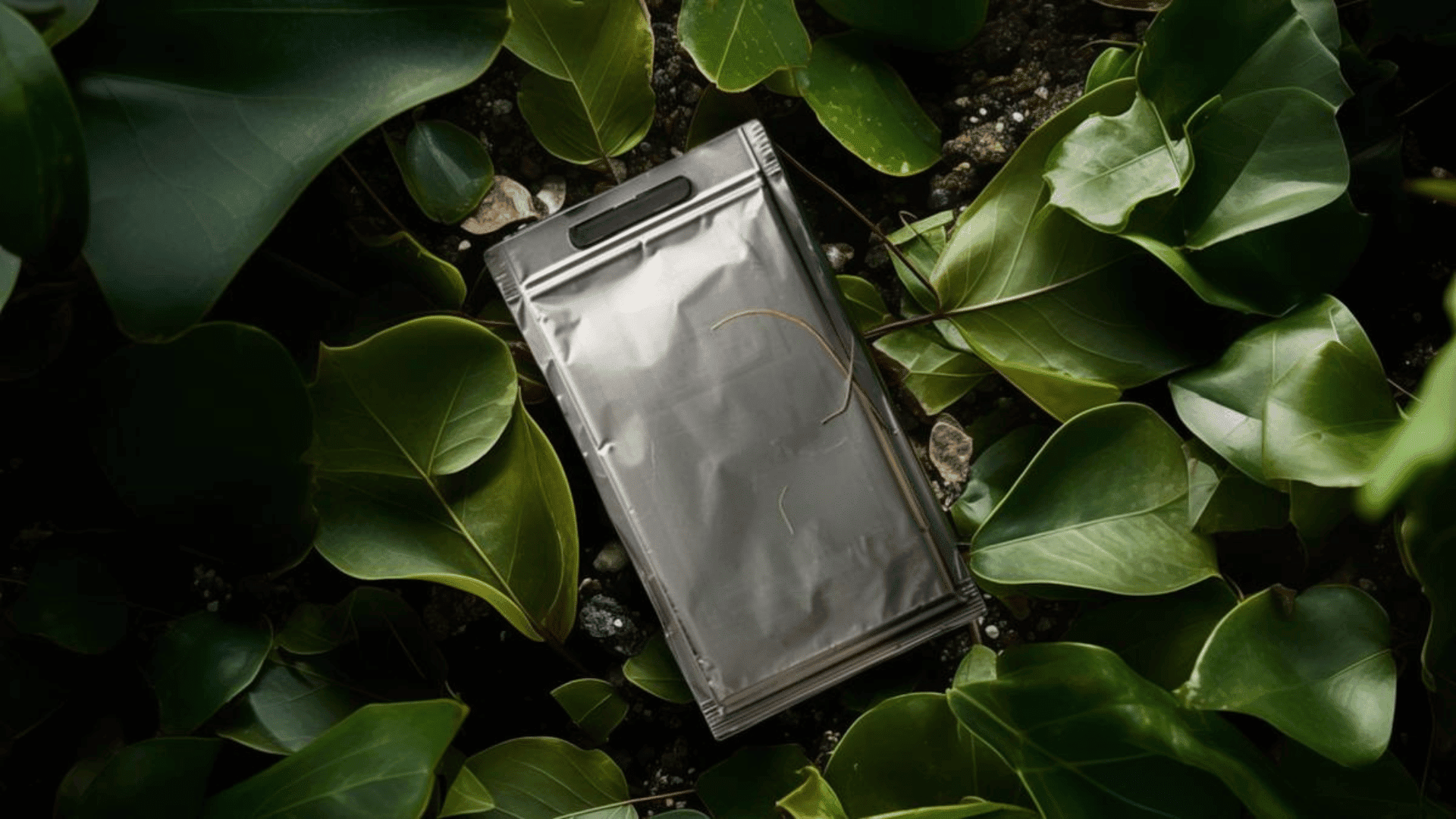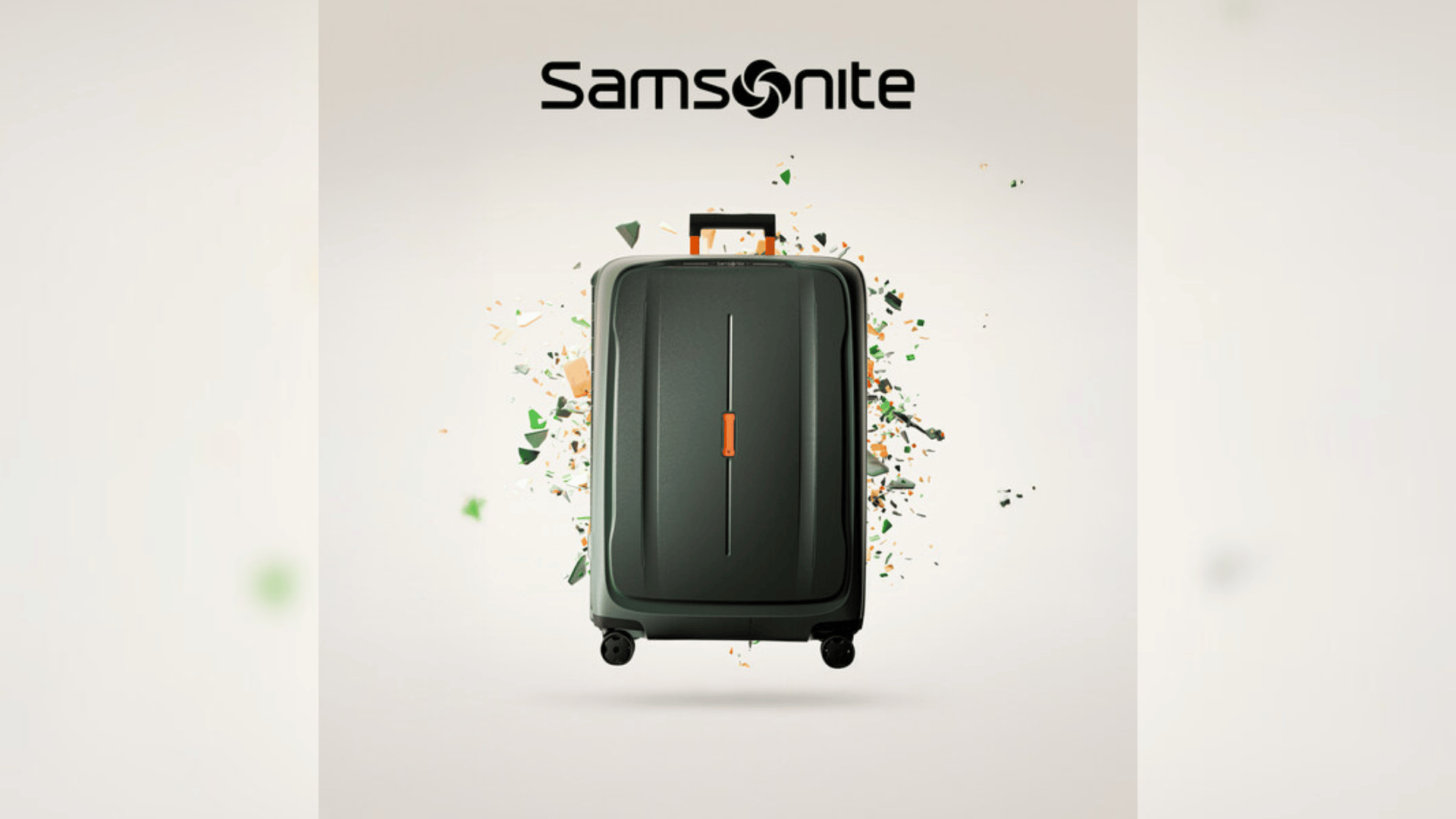Flint, a Singapore-based company specializing in sustainable energy solutions, presented its groundbreaking paper batteries at CES 2025.
The flexible, lightweight design is safer and more eco-friendly than traditional options. It replaces the toxic materials used in popular models like lithium, cobalt, and nickel with safe and sustainable alternatives such as zinc and manganese.
Flint’s paper batteries are quasi-solid batteries that utilize an innovative hydrogel ring that acts as a separator and an electrolyte within a piece of paper. The hydrogel-based design also allows the battery to biodegrade completely within six weeks when buried in soil without leaving behind any harmful residues.
According to a company representative, “Our battery has the unique ability to be lightweight, flexible, and adaptable in shape, offering not just safety but also a significantly lower cost than traditional lithium-ion options.”
Whereas traditional lithium-ion batteries can leak, burn, or even explode under extreme conditions, Fint’s paper batteries can withstand cutting, piercing, burning, and bending.
“Our battery is engineered to endure much harsher conditions without any adverse effects,” said the spokesperson. “This is a crucial advantage, especially when compared to conventional batteries, which can be hazardous if damaged.”

The paper batteries have a capacity of 600 milliampere hours per unit which is enough for various consumer and industrial tasks but is currently lower than lithium-ion batteries. The company is working toward making paper batteries adaptable to various industries and plans to target sectors that require versatile and safe energy storage solutions.
As the product is scalable, the company plans to begin mass production with a pilot facility in Singapore later this year. Though current costs are around 10% of those for lithium-ion batteries, they are actively working on scaling up production to reduce costs further and increase the availability of their innovative batteries.







